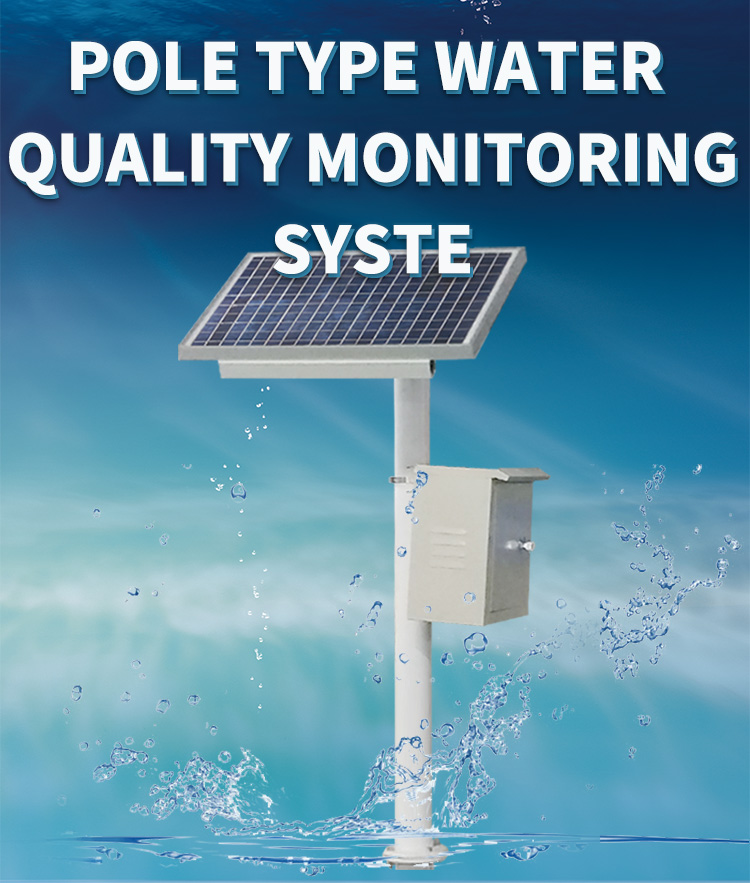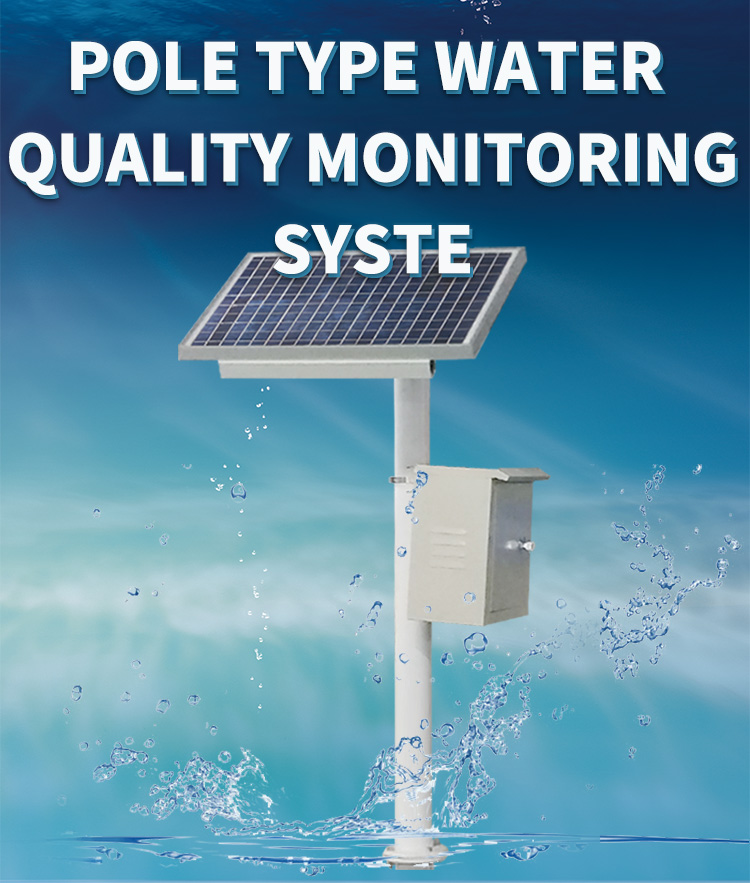Water is a fundamental resource that sustains life and supports economic development. However, the availability and quality of water are increasingly under threat due to factors such as climate change, population growth, and pollution. To ensure water security, it is essential to have advanced water quality monitoring systems that can detect and respond to changes in water quality proactively.

In this article, we will explore the role of advanced water quality monitoring systems in enhancing water security, their benefits, and how they can be implemented to improve water management.
Role of Advanced Water Quality Monitoring Systems in Enhancing Water Security
Advanced water quality monitoring systems are an essential tool for enhancing water security. These systems provide real-time data on water quality parameters, allowing for early detection of contamination, rapid response to incidents, and improved understanding of water systems.
Early Detection of Contamination
Advanced water quality monitoring systems enable early detection of contamination. By continuously monitoring water quality parameters, these systems can quickly detect changes in water quality, which may indicate a potential risk to public health or the environment. Early detection facilitates prompt action to be taken to prevent further harm.
Rapid Response to Incidents
Advanced water quality monitoring also supports rapid response to incidents. In the event of contamination, emergency response teams can be alerted quickly, and appropriate measures can be taken to contain and remediate the pollution. This rapid response minimizes the exposure of the public, wildlife, and ecosystems to harmful contaminants.
Improved Understanding of Water Systems
Advanced water quality monitoring provides valuable insights into how water systems function and how they are affected by environmental factors. The data collected from these systems can be analyzed to identify patterns and trends, enabling better understanding of water resources and more effective strategies for water management.
Benefits of Advanced Water Quality Monitoring Systems
Improved Water Quality
Advanced water quality monitoring systems can result in improved water quality. By monitoring water quality parameters, these systems can identify sources of contamination and facilitate prompt action to mitigate environmental damage or prevent further harm.
Enhanced Water Security
Advanced water quality monitoring improves water security by providing early detection of contamination and rapid response to incidents. This helps to prevent harm to public health and the environment and ensures that water resources are managed sustainably.
Cost Savings
Advanced water quality monitoring systems can result in cost savings. By identifying potential problems early, these systems can help to prevent expensive remediation measures down the line.
Implementation of Advanced Water Quality Monitoring Systems
Implementing advanced water quality monitoring systems requires careful planning and investment. Here are some key steps for implementing these systems:
Assess Water Quality Needs
The first step is to assess the water quality needs of the specific context. This includes identifying the water quality parameters that need to be monitored, the frequency of monitoring, and the desired level of accuracy.
Choose Appropriate Technologies
The next step is to select appropriate technologies for monitoring water quality. This may include sensors, data loggers, and telemetry systems. The choice of technology will depend on factors such as budget, reliability, and accuracy requirements.
Establish Partnerships
Effective implementation of advanced water quality monitoring systems requires partnerships between multiple stakeholders, including government agencies, water utilities, and community groups. Establishing partnerships facilitates coordination and collaboration to ensure that the system is implemented effectively.
Develop Capacity
Developing capacity is critical for ensuring the effective operation and maintenance of advanced water quality monitoring systems. This includes training staff, developing manuals and protocols, and establishing a data management system.
Conclusion
Water security is essential for economic development, environmental sustainability, and human well-being. Advanced water quality monitoring systems are a key tool for enhancing water security by improving water quality, facilitating rapid response to incidents, and improving understanding of water systems. By following a systematic approach to implementation, these systems can be integrated effectively into water management strategies, contributing to the long-term sustainability of water resources.






